Before David Plotz became the third editor of the online magazine Slate, he wrote a popular online journal for the site called Blogging the Bible. That venture laid the foundation of “Good Book: The Bizarre, Hilarious, Disturbing, Marvelous, and Inspiring Things I Learned When I Read Every Single Word of the Bible,” which I received at the office today. Yes, that is the longest book title ever.
To clarify upfront, Plotz is Jewish and so his exegetical efforts are limited to “every single world” of the Hebrew Bible. Still, I think “Good Book” might turn out to be gospel.
Let me get back to you on that. In the meantime, here is the transcript of Plotz’s discussion today with readers of washingtonpost.com; better yet, here’s an excerpt of a brief Q&A he did with the JPost’s Shmuel Rosner:
1. My first question is kind of insulting: how can an educated young (Jewish) man grow up without being familiar with the story of Shechem and Dinah. Is such ignorance common among your friends and relatives?
Ha! You’re so Israeli to start like that. To answer the second part of the question first: Such ignorance is not merely common, it is practically universal. If you polled my friends, I would bet that less than 10 percent know the story of Dinah. How did I avoid it? I am a reform Jew, which means I didn’t spend a lot of time with the Torah as a child. In religious school, we studied the moral lessons of Judaism, which have practically nothing to do with the stories told in the Bible. And when I went to a Christian high school and read a little bit of the Bible there, Dinah is also a story that never came up, because it does not have a nice moral. Religion as it is taught to casual Christians and Jews in america focuses on moral behavior, which means ignoring a lot of the Bible and teaching only its clearest stories.
2. Your assumption – backed by data – at the end of the book is that “biblical illiteracy is nearly universal among nonreligious people”. But aren’t most Americans religious? And if they are, why do they still need a shortened version of it?
Most Americans are religious, but most Americans are not Biblically literate. Of the major religious groups in the U.S., only evangelical protestants (and orthodox Jews, who are tiny) closely study the Bible. The other denominations do not focus on the Bible, instead picking and choosing convenient stories. And in my demographic—educated coastal elites—non religiosity is quite common.
Definitely. But even among the very religious, ignorance is frighteningly common.
In the above video, Plotz explains that his interest in reading the Bible began at his cousin’s Bat Mitzvah, when, bored, he randomly opened a Bible to the story of the rape of Jacob’s daughter Dinah and the subsequent circumcision and slaughtering of those people.






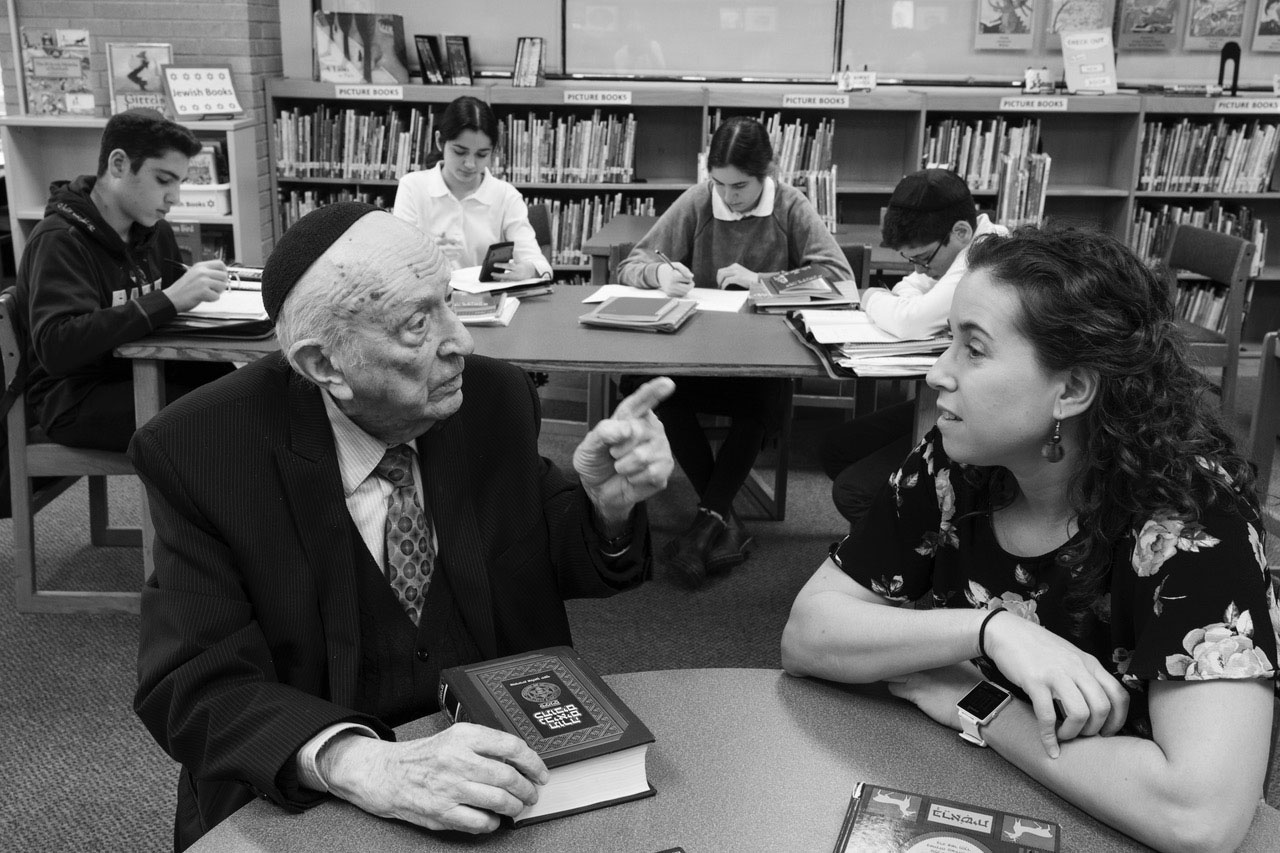
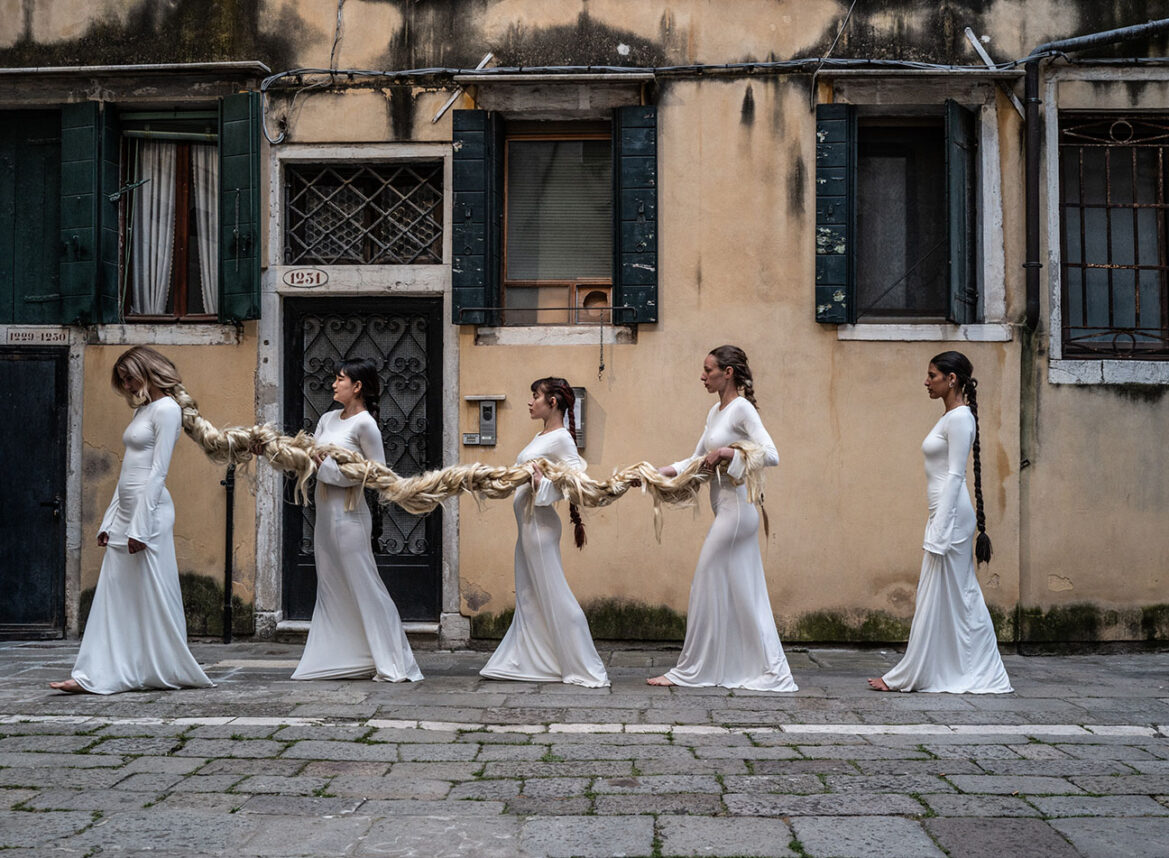

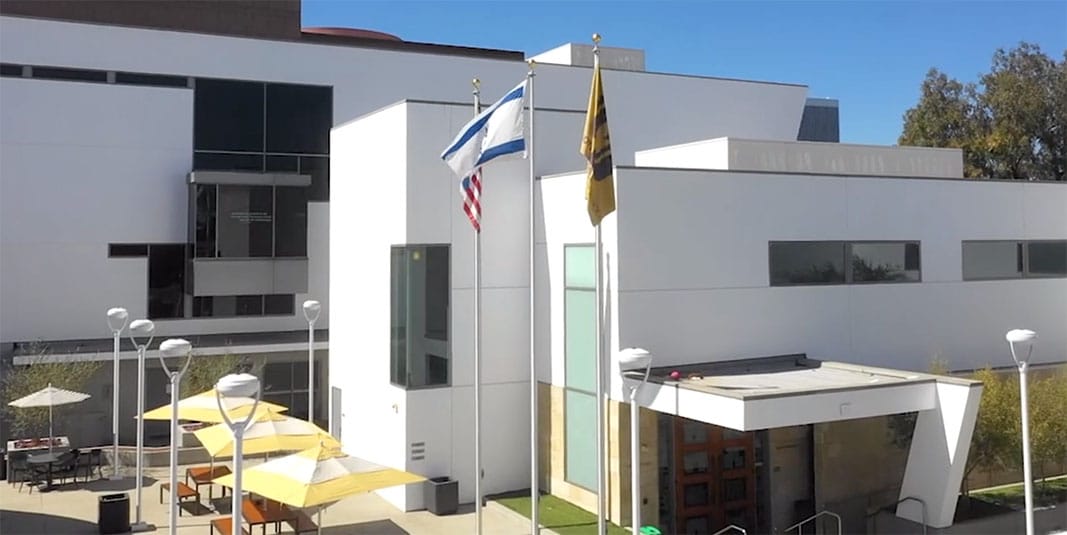



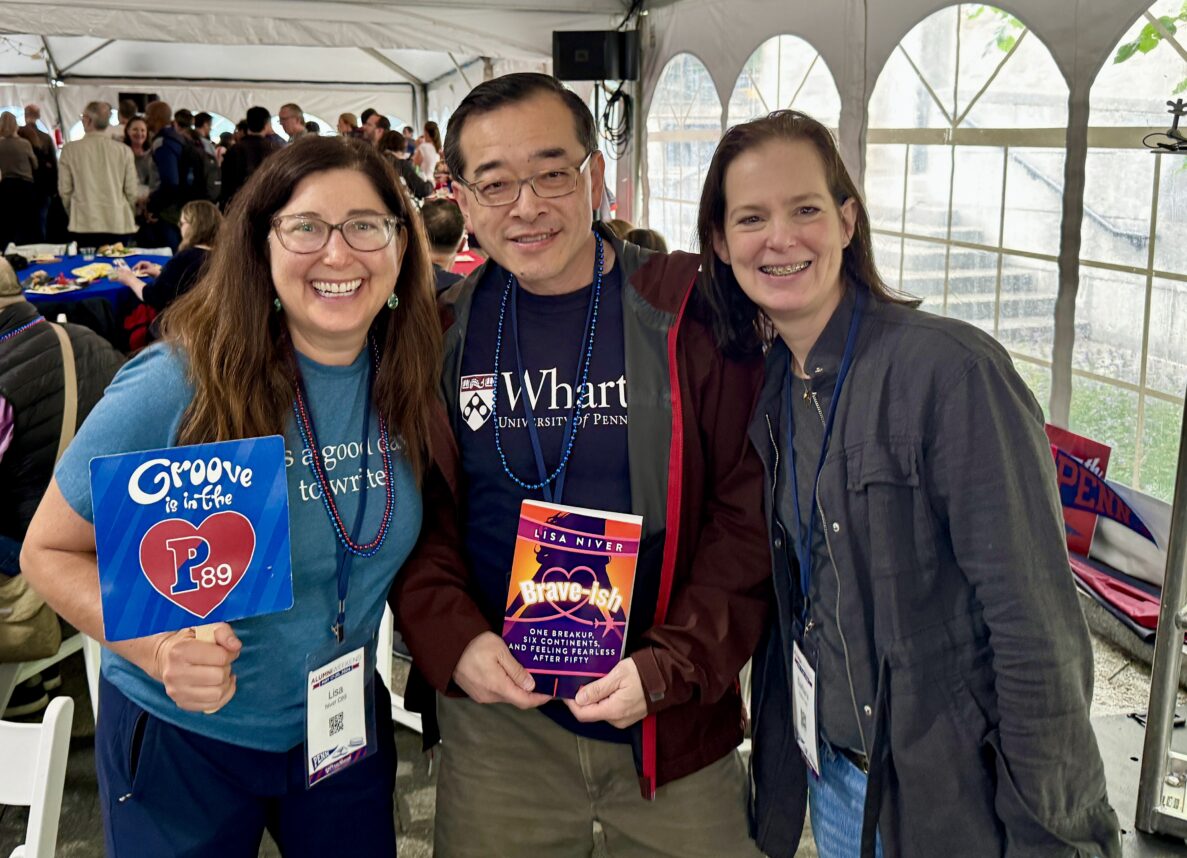


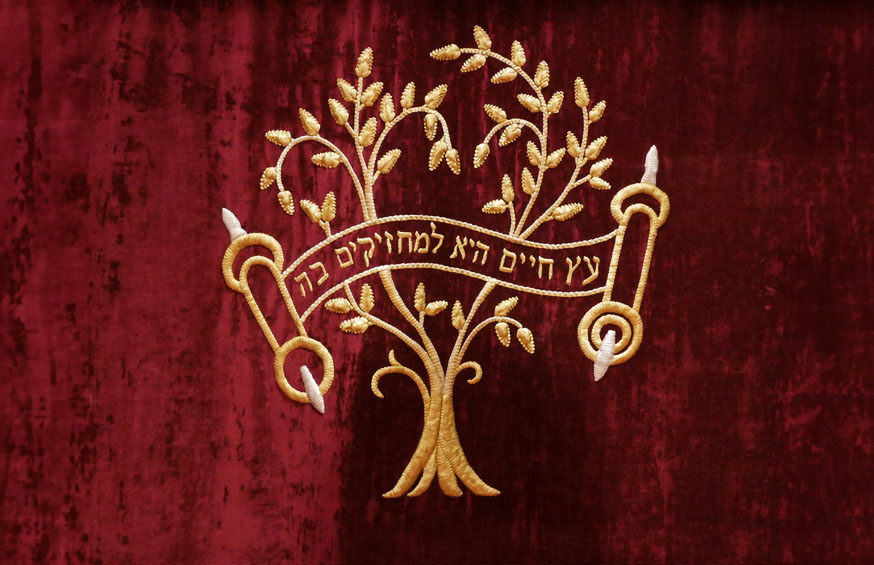





 More news and opinions than at a Shabbat dinner, right in your inbox.
More news and opinions than at a Shabbat dinner, right in your inbox.